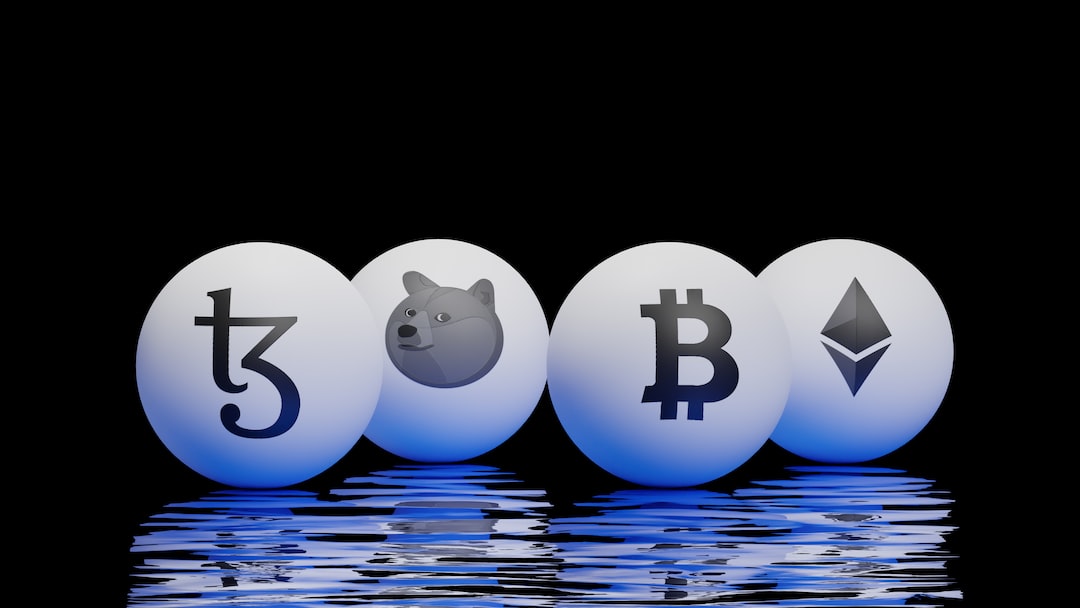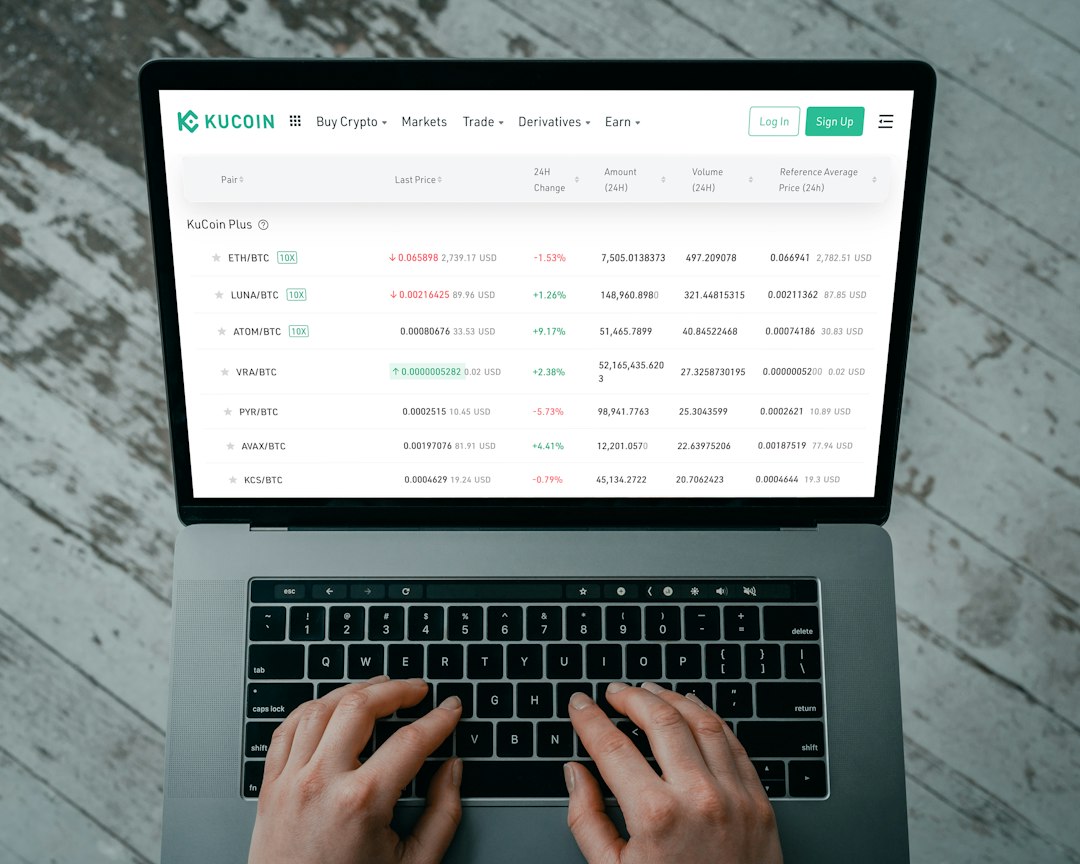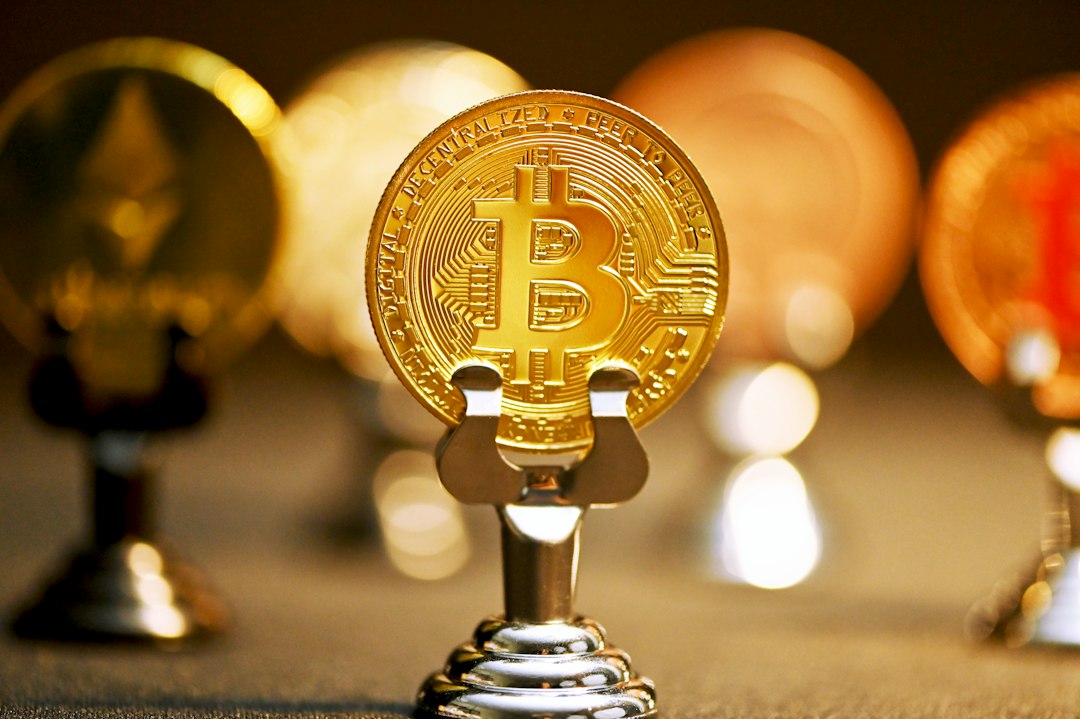Sam “SBF” Bankman-Fried, the founder of FTX and Alameda Research, testified in his ongoing criminal trial in the Southern District of New York. While he admitted to making mistakes during the companies’ rapid growth, he denied any wrongdoing between FTX and Alameda. Bankman-Fried refuted claims that he directed his inner circle to make millionaire political donations in 2021 and stated that FTX’s Terms of Use covered transactions between Alameda and the exchange. He also revealed that he had requested additional hedging strategies for Alameda but they were never implemented.
The defense is expected to conclude Bankman-Fried’s examination soon, followed by cross-examinations and closing arguments from both sides. Prosecutors mentioned the possibility of a rebuttal witness next week. If found guilty of all fraud and conspiracy counts, Bankman-Fried could face up to 115 years in jail.
Bankman-Fried denied instructing former colleagues to make political contributions, although he acknowledged that lobbying played a role in his efforts to regulate crypto firms in the US. He also explained the “New York Times test,” which guided employee communication at FTX and Alameda Research.
Bankman-Fried discussed Alameda’s role as FTX’s payment provider, liquidity provider, market maker, and client. He provided an example of a risk engine failure that resulted in Alameda covering losses. He also mentioned Alameda’s line of credit with FTX and its ability to borrow funds for trading purposes.
Bankman-Fried disclosed discussions about hedging strategies with Caroline Ellison, former CEO of Alameda Research, but stated that they were never implemented. The lack of hedging caused significant harm during the Terra ecosystem collapse and crypto price decline.
He also highlighted a clawback provision in FTX’s Terms of Use that would socialize losses among customers if the exchange’s risk engine failed.
In summary, Bankman-Fried denied wrongdoing, discussed the role of Alameda Research, addressed the lack of hedging strategies, and mentioned FTX’s clawback provision.
Hot Take: Bankman-Fried’s Testimony Reveals Contradictions and Challenges for the Prosecution
Sam Bankman-Fried’s testimony in his ongoing criminal trial has shed light on key aspects of the case. While he acknowledged making mistakes during the growth of FTX and Alameda Research, he vehemently denied any wrongdoing between the two companies. His refutation of claims about political donations and explanations about employee communication provided a clearer picture of the situation.
Bankman-Fried’s testimony also revealed challenges for the prosecution. His preparedness to face the jury contrasted with his struggles during a previous hearing with government attorneys. Additionally, his disclosure of discussions about hedging strategies and the clawback provision in FTX’s Terms of Use raised questions about customers’ awareness of risks.
As the trial continues, it remains to be seen how the defense will conclude Bankman-Fried’s examination and how both sides will present their closing arguments. The possibility of a rebuttal witness adds another layer of complexity to the proceedings.





 By
By
 By
By
 By
By
 By
By
 By
By
 By
By